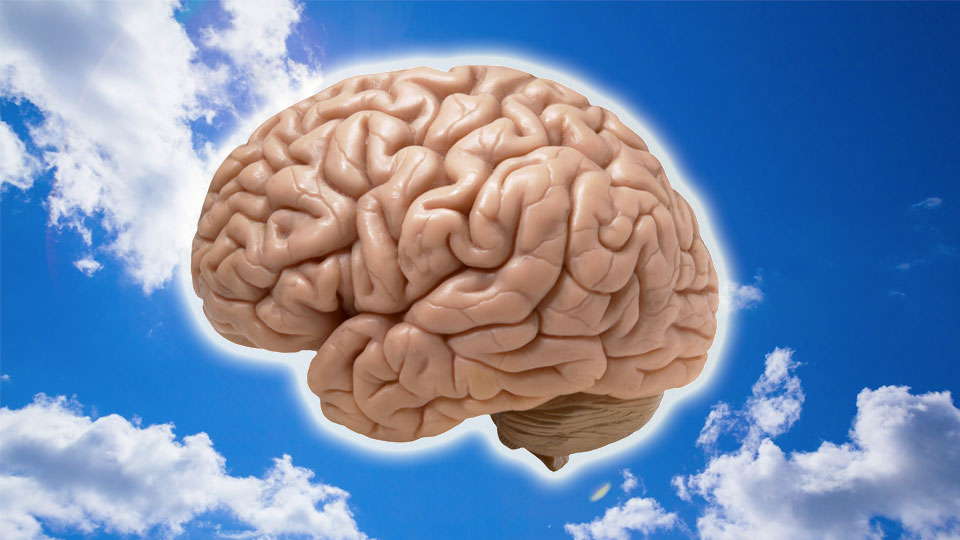This is how your brain changes in space

Over the next few decades, it's plausible that humans will take our first steps on Mars. But there's a problem to surmount first - we've got to get there.
That's going to mean spending months on end in a spacecraft both to and from the Red Planet, which researchers increasingly believe is going to be harder on our bodies than we once thought.
"Exposure to the space environment has permanent effects on humans that we simply do not understand," says Donna Roberts, a neuroradiologist from the Medical University of South Carolina.
"What astronauts experience in space must be mitigated to produce safer space travel for the public."
Downward position
Roberts has just published a study that looks at the effects of microgravity on the brain structure of astronauts, examining the brains and muscular responses of volunteers who stayed in bed for 90 days with their head continuously tilted in a downward position.
Using MRI scanners, Roberts examined how their brains changed during the study - she found an unusual "crowding" at the top of the brain, where the bumps and depressions narrowed. She also saw evidence of a narrowing of the space between the top of the brain and the inside of the skull.
To confirm these results, Roberts compared them to MRI scans of two groups of astronauts - some that had been in space for short periods of time, aboard the Space Shuttle, and some that had stayed longer - usually three months - aboard the International Space Station.
Sign up for breaking news, reviews, opinion, top tech deals, and more.
She found that a small groove in the top of the brain, separating the parietal and frontal lobes, narrowed significantly in 94 percent of the astronauts that had stayed longer in space, but only 20 percent of those that went up for a shorter time. She also found an upward shift of the brain in the skull cavity in the long-duration flight astronauts.
Altered vision
It's not totally certain what the effects of these changes in brain structure might be. The frontal and parietal lobes control movement of the body and higher executive function, and NASA astronauts have complained of altered vision and increased pressure inside their heads during their stays on the ISS.
"We know these long-duration flights take a big toll on the astronauts and cosmonauts; however, we don't know if the adverse effects on the body continue to progress or if they stabilize after some time in space," Roberts said.
The study's co-author, Michael Antonucci, added: "The changes we have seen may explain unusual symptoms experienced by returning space station astronauts and help identify key issues in the planning of longer-duration space exploration, including missions to Mars."
